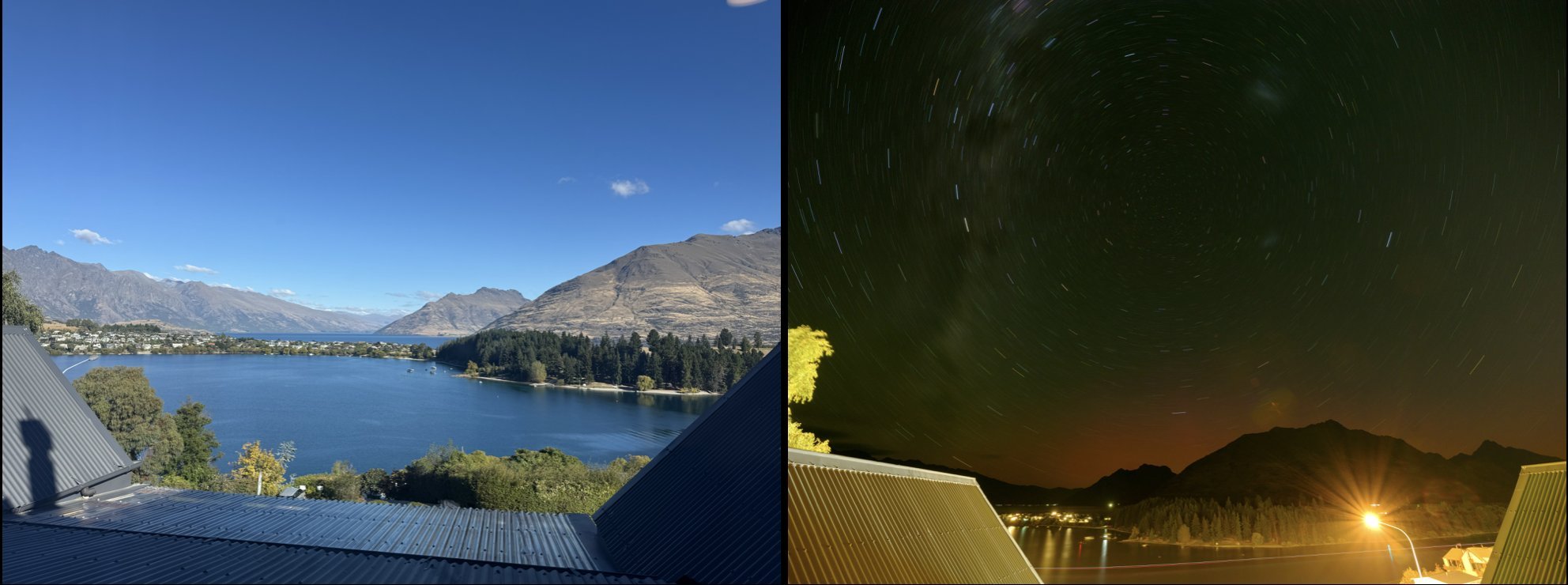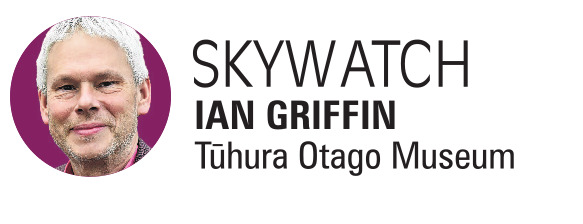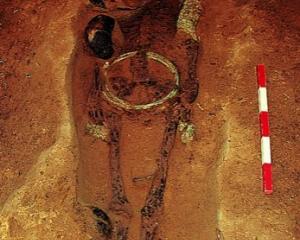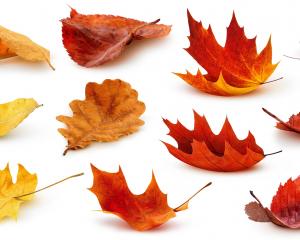
And yet, as the sun sets and the last whispers of twilight fade, a different Queenstown emerges. Not a city of wonder, but a city of waste. The stars — once navigation beacons for Polynesian voyagers — vanish behind an ugly dome of artificial glare. Streetlights, shopfronts, and gaudy floodlights drown out the heavens, reducing the sky to a dull, formless glow.
This is a theft, silent and insidious, robbing us of something as precious as the lake and mountains we so readily protect.

Smart, directed lighting shields the sky while illuminating streets and pathways. Thoughtful regulations can balance security with wonder.
Across the world, places once plagued by light pollution are reclaiming their stars. Why not Queenstown?
Imagine a future where holidaymakers delight in gondola rides, mountain trails, and pristine nocturnal skies. Where families gaze up at a Milky Way so luminous it leaves them breathless.
Where Queenstown, famed for its daytime majesty, becomes renowned for its celestial grandeur.
The sky is not an inconvenience. It is a gift. We must protect the night just as we treasure our lakes and peaks.











